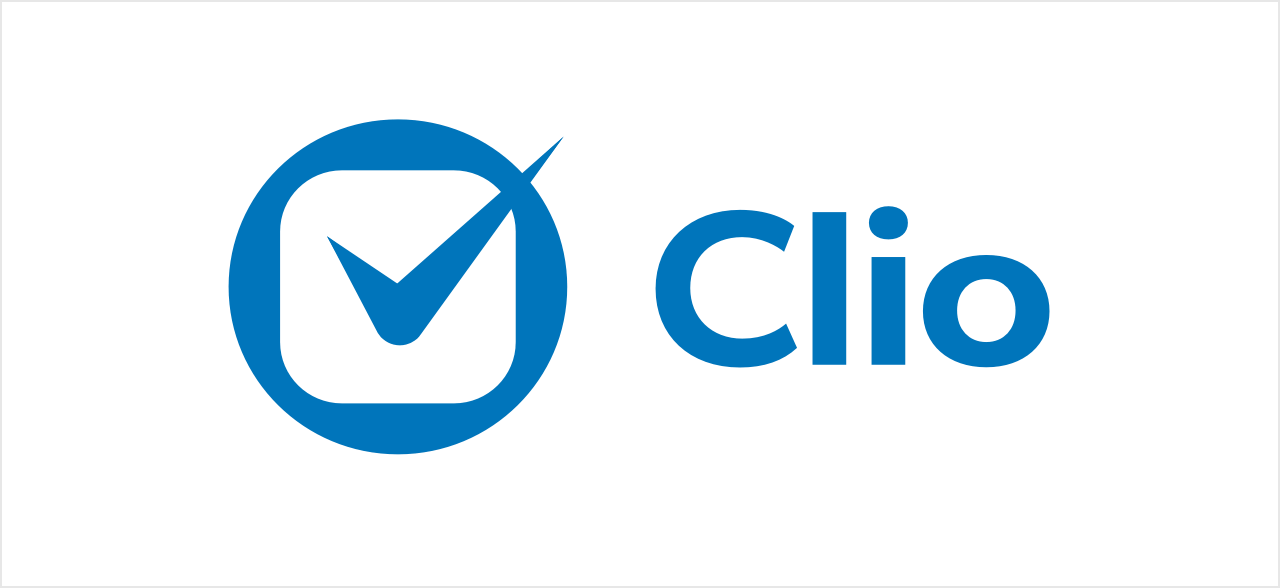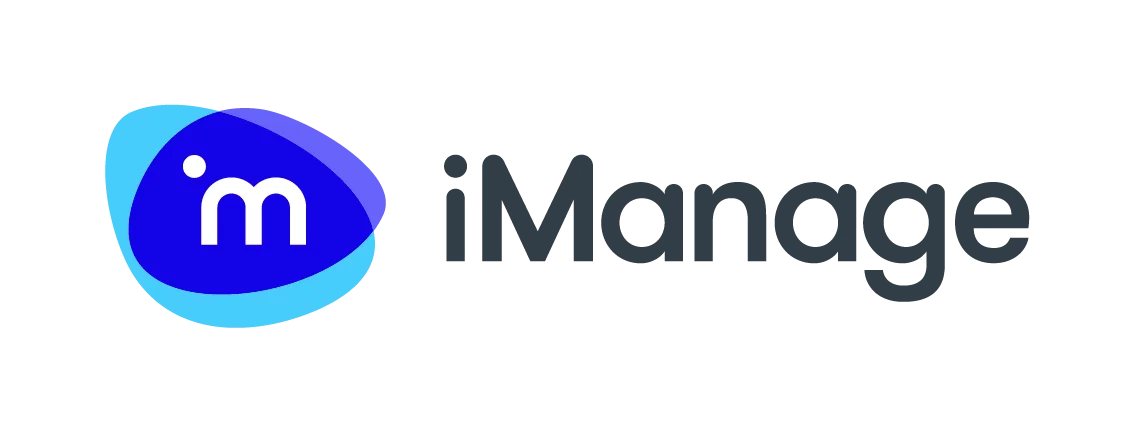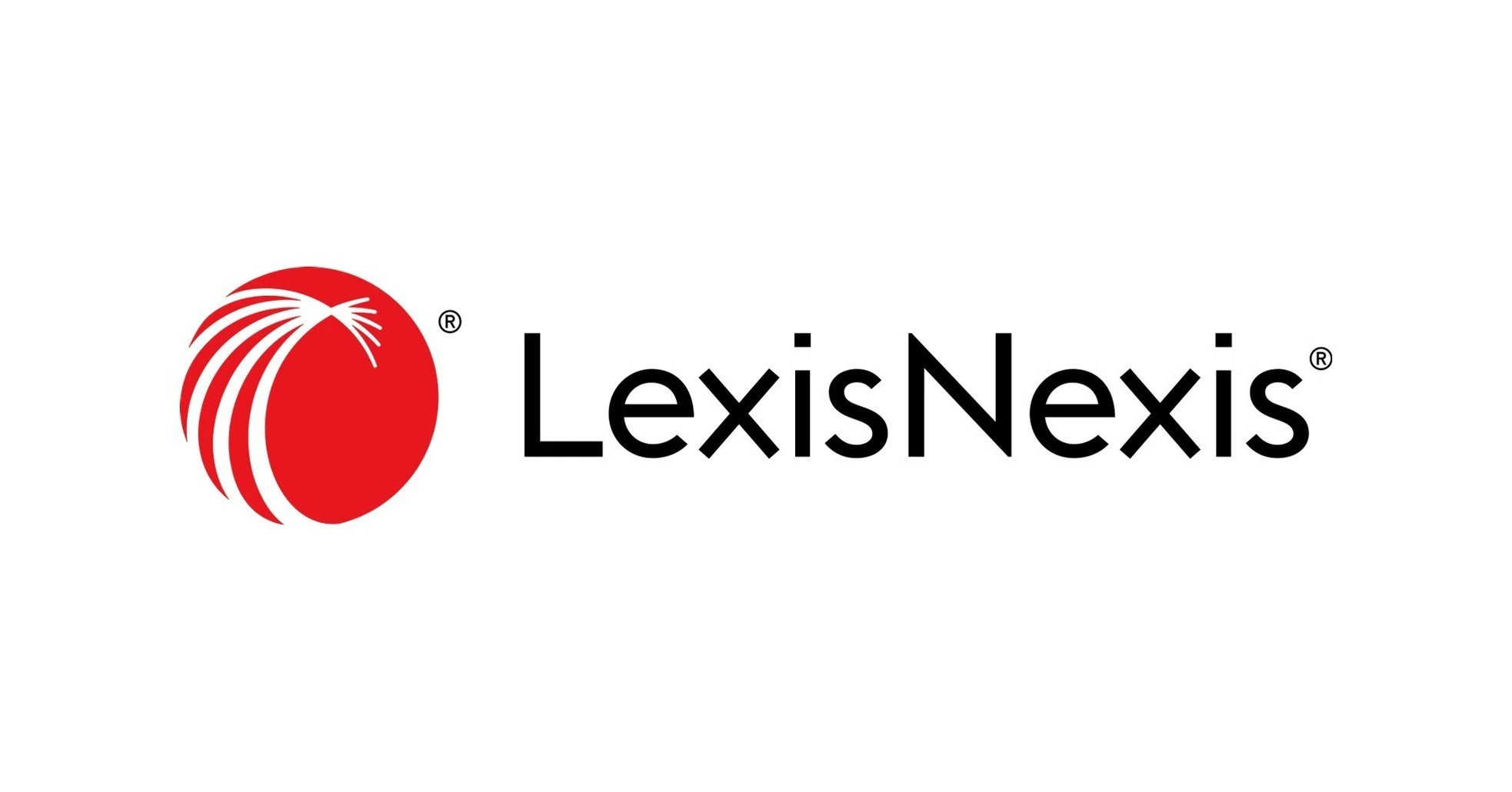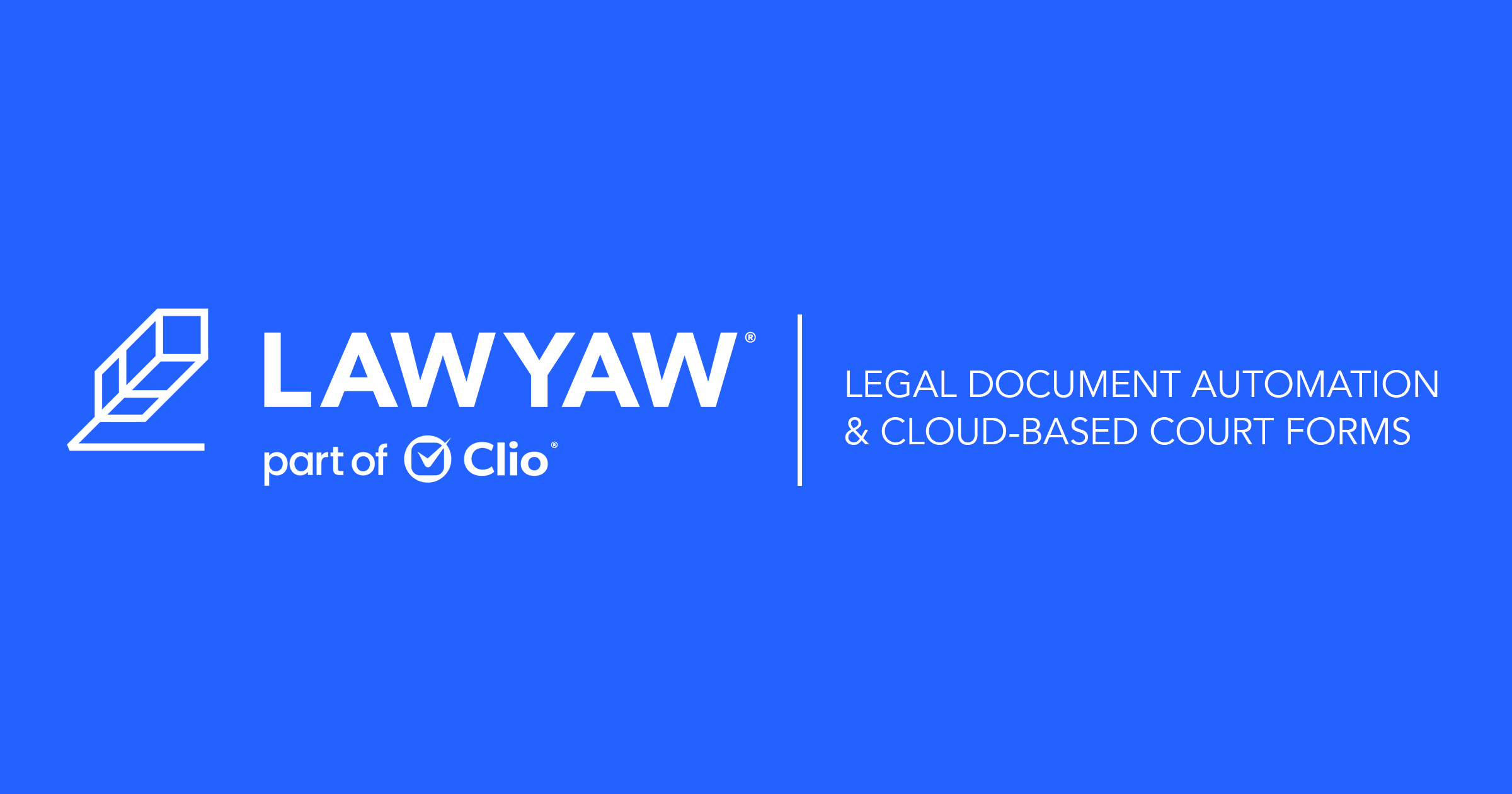Nowadays, Law firms are repeatedly targeted by cyberattacks. In the previous summer, major names in Law Firms like Kirkland & Ellis, K&L Gates, and Proskauer Rose faced serious security violations. In one case, an employee of Proskauer Rose exposed their cloud platform, putting sensitive information at risk. These incidents show how fast confidential client information can fall into the criminal’s hands.
As per Statista’s report 2024, more than 422 million data records were leaked through data violations. These included private contracts, case documents, and client identities. For law firms, this is not just a technology issue. It puts their reputation, client trust, and financial stability on the line.
That’s why securing digital systems has become critical. In this blog, we’ll walk you through 9 legal APIs that help law firms tighten security. These legal APIs support everything from access control and digital signatures to encrypted document sharing, helping your firm stay updated on legal Data Security standards.
Enhance your law firm's efficiency with our expert LegalTech API integration services
Top 9 Legal APIs That Strengthen Data Security for Law Firms
Let’s explore the top 9 legal APIs designed to protect sensitive data and keep law firms secure. These Legal APIs boost document automation while supporting legal Data Security.
1. Clio API
Key Features
- This legal API helps upgrade client onboarding, document management, time management, and billing.
- Clio API allows encrypted data sharing and supports password protection for secure access.
- Clio API helps firms build custom workflows without compromising industry data security regulations.
Pros
- Clio API provides strong security features like restricted access for its users.
- It supports over 200 app integrations, making it easy to expand capabilities.
- The platform is cloud-based and compliant with key legal data security standards.
Cons
- This advanced API may require developer support for full customization.
- The pricing structure may be high for very small firms.
Pricing
- Clio API access starting at $49 per user per month for the Smooth start plan with Clio Manage.
- Higher-tier plans (Essentials, Advanced, Complete) provide more powerful API features.
2. NetDocuments API
Key Features
- NetDocuments API allows secure document management and collaboration across legal teams.
- This API allows law firms to upgrade document workflows, version control, and user permissions.
- This legal API supports encrypted file storage, audit trails, and uninterrupted electronic discovery integration.
- It ensures acceptance of major security standards, including International Organization for Standardization 27001 and SOC 2 Type II.
Pros
- NetDocuments API provides point-to-point encryption for files at rest and in transfer.
- It’s designed for adaptability, supporting law firms from small practices to global teams.
- The platform’s detailed audit logs help maintain data integrity and industry regulations.
Cons
- The Legal API requires moderate technical expertise for full personalization.
- Pricing and setup can be complex for firms without dedicated IT support.
Pricing
- NetDocuments API is included with platform subscriptions, which typically start around $50–$65/user/month.
- Enterprise plans and advanced features may come at higher custom pricing.
Strengthen yout legal Research with Casetext API Integration Services
3. iManage API
Key Features
- iManage API allows law firms to manage, protect, and search documents for all cases and clients.
- It allows secure document sharing, upgraded filing, and direct access controls.
- iManage API includes built-in AI tools to detect risks, manage content lifecycle, and boost compliance.
- It provides stable cloud and hybrid deployment options for firms of all sizes.
Pros
- It boosts data security with encryption, multi-factor authentication, and audit trails.
- The platform’s adaptability and integration support make it suitable for mid-to-large law firms.
Cons
- iManage setup may require significant recruitment time for smaller teams.
- Some users report a learning curve for customization and API integration.
Pricing
- iManage API access is included in iManage Work plans, typically starting at $60–$75/user/month.
4. Everlaw API
Key Features
- Everlaw allows law firms to automate tasks like uploading evidence, managing user permissions, and syncing metadata.
- The API integrates with existing legal tech stacks for uninterrupted data flow across tools.
- It includes tools for advanced search, document tagging, and predictive coding.
- Everlaw API supports audit logging and permission-based access to maintain industry regulations and legal data security.
Read More: How to use CaseText API in your Law Firm?
Pros
- Everlaw API speeds up legal discovery with powerful upgrades and search capabilities.
- Its detailed audit trails help maintain the accountability process and meet legal data security standards.
- The platform is convenient and provides responsive customer support.
Cons
- Everlaw’s features may require technical assistance to implement.
- Everlaw API can be limited in certain use cases that need customization.
Pricing
- Everlaw API uses a data-based pricing model, typically based on the volume of hosted data.
- Pricing details are available upon request through Everlaw’s sales team.
5. LexisNexis
Key Features
- LexisNexis API provides secure access to huge legal databases including case law, statutes, and public records.
- It authorizes law firms to bury legal research directly into their internal platforms or case management systems.
- The API supports advanced search filters, citation analysis, and legal analytics.
- LexisNexis API includes identity assurance, risk evaluation, and background inquiries.
- It is built to help legal teams upgrade research, compliance, and investigative workflows.
Boost Your Legal Operations with Fastcase API Integration Services
Pros
- LexisNexis API provides access to one of the most complete legal content libraries.
- It helps reduce manual research time and improves accuracy in legal documentation.
- It integrates easily with practice management, CRM, and analytics platforms.
Cons
- The API can have a high learning curve for first-time users.
- LexiaNexis provides premium features that may require enterprise-level subscription plans.
Pricing
- LexisNexis API pricing is custom and based on the use, authorization levels, and data set.
- Firms must contact the LexisNexis sales team for a customized quote.
6. Fastcase API
Key Features
- Fastcase API allows law firms to insert legal research tools directly into their internal applications or client platforms.
- The API supports advanced search, filtering, and citation tracking for faster legal knowledge.
- It is designed for small to mid-sized law firms searching for affordable legal research automation.
Pros
- Fastcase API provides an inherent and developer-friendly interface.
- It provides affordable access to reliable legal research tools.
Cons
- Its Coverage may be more limited compared to premium providers like LexisNexis or Westlaw.
- This API lacks advanced analytics and visualization tools compared to well-known platforms.
Read More: 5 Best LegalTech APIs for Law Firms in 2025
Pricing
- Fastcase API pricing is subscription-based and depends on firm size and integration needs.
- These Custom quotes are available for request through the Fastcase sales team.
7. Thomson Reuters (Westlaw) API
Key Features
- Westlaw API provides secure, digital access to authoritative legal research databases from Thomson Reuters.
- This legal API supports advanced legal research, including access to common law, legislation, regulations, and secondary sources.
- It allows law firms to directly integrate search capabilities and legal content into their internal tools and workflows.
- The API allows custom alerts, citation validation, and document recovery based on key legal topics or jurisdictions.
- Designed for legal professionals needing real-time research inserted into case management or compliance systems.
Pros
- Westlaw API delivers access to trusted and complete legal information.
- It simplifies research workflows with deep search capabilities and citation.
- It boosts productivity by integrating legal data directly into custom legal tech tools.
Boost Your Legal Operations with LexisNexis API Integration Services
Cons
- Westlaw’s access may be limited to enterprise customers or select developer partners.
- This API requires legal expertise to utilize search parameters and filters.
Pricing
- Westlaw API pricing is not publicly listed and varies by firm size, usage, and integration scope.
- Law firms must contact Thomson Reuters for custom pricing and licensing details.
8. Lawyaw API
Key Features
- Lawyaw API helps law firms create court-ready documents using customizable templates.
- This legal API automatically fills legal forms with client and case information in seconds.
- Lawyaw simplifies document review and e-signature workflows in one platform.
- This API is built for solo practitioners, small firms, and legal teams aiming to reduce admin time.
- Lawyaw integrates with Clio and other practice management tools to simplify operations.
Pros
- Lawyaw API saves hours on document preparation with reusable smart templates.
- Its user-friendly interface is designed for quick adoption by legal teams.
- Lawyaw supports digital signatures, web-hosted collaboration, and PDFs of court forms.
Read More: How to use LexisNexis API in your Law Firm?
Cons
- Lawyaw API has limited jurisdictional form coverage outside certain U.S. states.
Pricing
- Lawyaw API starts at around $110 per user per month, depending on the plan and region.
9. Ironclad API
Key Features
- Ironclad API helps legal teams automate and manage contract workflows from creation to approval.
- This API allows smooth integration with customer relationship management, document storage, and e-signature tools.
- It provides secure role-based access and audit trails to ensure industry regulations.
- Built for enterprise legal teams, it supports automation at a scale across departments.
Pros
- Ironclad API boosts agreement formation speed and complex industrial standards through this legal data security API.
- The platform boosts clarity with real-time contract status and collaboration.
Cons
- Ironclad API formation may require tech and integration support.
- The platform is best suited for mid-to-large firms and may be costly for smaller practices.
Pricing
- Ironclad API pricing is available on request and typically provided under custom enterprise plans based on usage and team size.
Increase your Clio Capabilities with Our Clio API Integration Services
APIs for Legal Data Security - Conclusion
In this article, we discussed 9 essential APIs that enhance legal data security. These legal APIs provide practical and secure ways to modernize workflows, control access, and manage sensitive information.
Solo lawyers can begin with inherent tools, while growing firms can depend on more advanced solutions that scale with their needs.
At APITech, we help law firms discover and implement the right API integrations to improve security and streamline operations. Whether you are a startup or improving your legal tech stack, we support your next move.
FAQ
1. What functions provided by legal APIs play for data security?
Legal APIs upgrade and simplify tasks like authentication, encrypted file sharing, e-signatures, and compliance checks, reducing human error and strengthening protection against cyber threats.
2. Do I need a tech person to integrate these APIs?
Some APIs require technical knowledge, but many legal tech sellers provide low-code or no-code options and customer support or third-party partners to help with implementation.
3. How does any firm choose which legal API suits their law firm?
Consider your firm's size, focus areas, and current technological framework. Look for APIs that align with your workflows and provide modern security features. We will integrate any legal API easily with your current tools.
4. Are these APIs cloud-based or on-premises?
Most modern legal APIs are cloud-hosted to ensure better adaptability, real-time updates, and secure access across teams and devices.
5. What happens if the API provider experiences downtime or a breach?
We have 11+ years of reputation that guarantees our service level agreement. Always check for backup, audit logs, and business continuity features before committing to any client.












